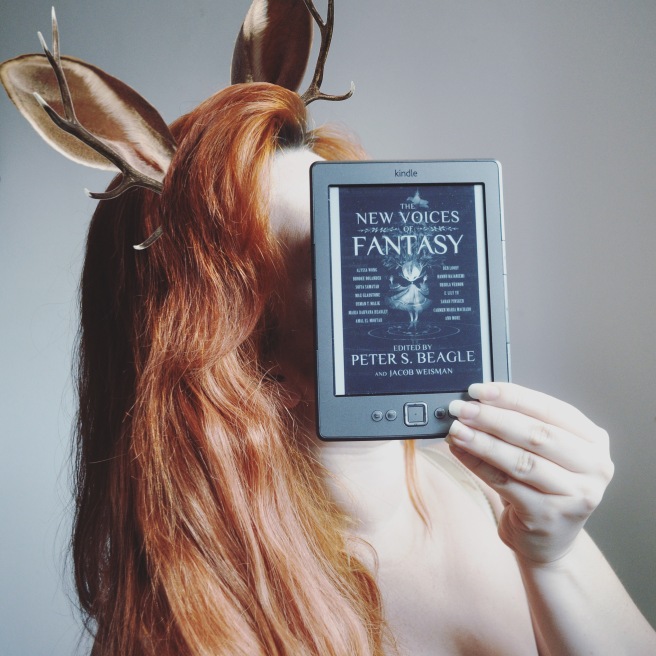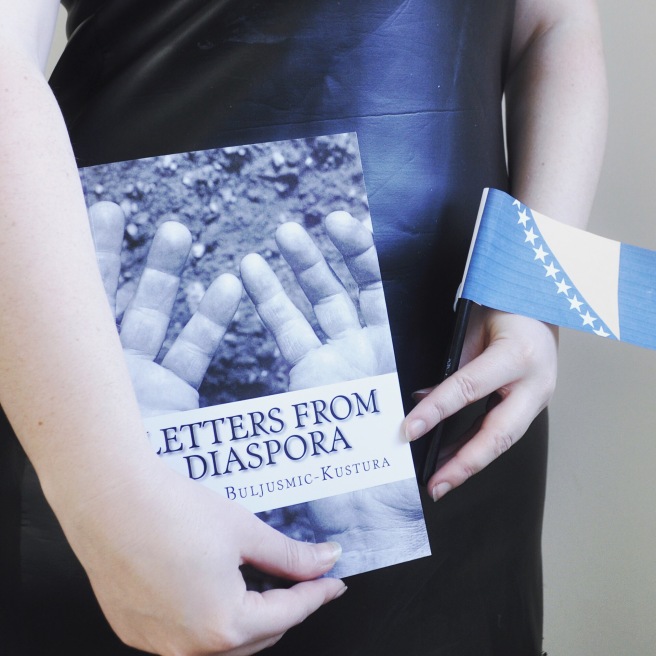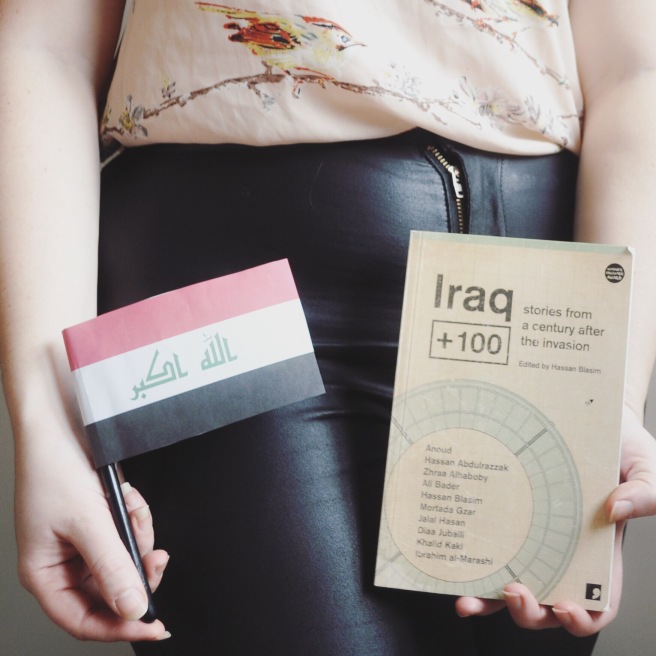
What a specific title! Some time in the last few months I became obsessed with digital SFF literary magazines. I’ve made absolutely no secret of my love of science fiction as a genre or my preference for short stories (and my firm belief that they are a greatly under appreciated form of literary genius) and it suddenly clicked for me that there is a wealth of short form fiction that I could subscribe to. Some time ago I backed a kickstarter for a special edition of Uncanny showcasing the work of disabled writers and as part of my reward I received the most recent issue as well. I already regularly buy FIYAH and I started investigating the other options on twitter, gumroad and patreon! Here are six of my favourites!
A note about patreon fee changes: I support many of these magazines on patreon but I understand that the fee changes might put people off [Update! They’ve retracted and aren’t introducing the fees!] Most of the patreon based magazines have, or will be, working on alternatives for supporters who wish to contribute on alternative websites. Please don’t be put off if I have mentioned patreon!
FIYAH
Quarterly. Edited by Justina Ireland and Troy L. Wiggins.
FIYAH is one I’ve been with since the beginning. Every quarter they publish a packed edition with submissions based around a theme exclusively from black writers. I personally love the themed issues (I love a curated themed anthology) and it’s great to see individual interpretations of a themed prompt. The cover artwork is also beautiful (enough that they sell prints of each cover online!)
Buy it or subscribe from their website.
Strange Horizons
Weekly, monthly ebook. Edited by Jane Crowley and Kate Dollarhyde.
Strange Horizons is a lit mag that I’ve subscribed to recently via patreon, every Monday they publish a short story, poem and a review of a speculative book recently published. Monthly, they produce an ebook collating the weekly editions for subscribers in a variety of formats.
Subscribe via their Patreon.
Fireside
Monthly. Edited by Julia Rios.
Fireside publishes stories on their website that lean towards the speculative side but are occasionally ‘off genre’. They’re keen on fair pay for their workers and so pledges on their Patreon go towards paying above standard per word. They also provide content notes for all of their stories- where applicable- on their website.
You can read on their website and support/subscribe via patreon.
Apex
Monthly. Edited by Jason Sizemore.
Apex offers short fiction from a diverse range of SFF writers as well as essays and interviews. Essays revolve around the world of publishing and being a reader, and interviews often link to people featured within the issue. I think Apex has my favourite layout of all of the ‘mixed medium’ magazines I’ve read so far. Rather than having all the fiction, poetry and non fiction together and separate from one another it feels like a more natural flow: an interview with a writer after their story, for example, rather than it being later on in the issue. It’s cleverly done. And the writing is top-notch!
Subscribe via their Patreon.
Luna Station
Quarterly. Edited by Jennifer Lyn Parsons.
Luna Station exists to showcase the talents of speculative writers who identify as female. They’ve recently doubled down on this definition to explicitly include anyone who identifies as a woman in any way. The stories are beautiful, often painful, and their covers are stunning.
You can purchase their quarterly edition on gumroad.
Uncanny
Bimonthly. Edited by Lynne M Thomas, Michael Damien Thomas and Michi Trota.
Uncanny were the first SFF magazine I subscribed to this year, after having had ten brought to my attention by their recent Kickstarter. I subscribe via Amazon, but back issues can be read or purchased on their website through a variety of channels. Each bimonthly issue is jam packed with original stories, reprints, poetry and essays and has accompanying podcasts online.
Read, listen, buy or subscribe on their website.
If anyone has any recommendations then let me know!








